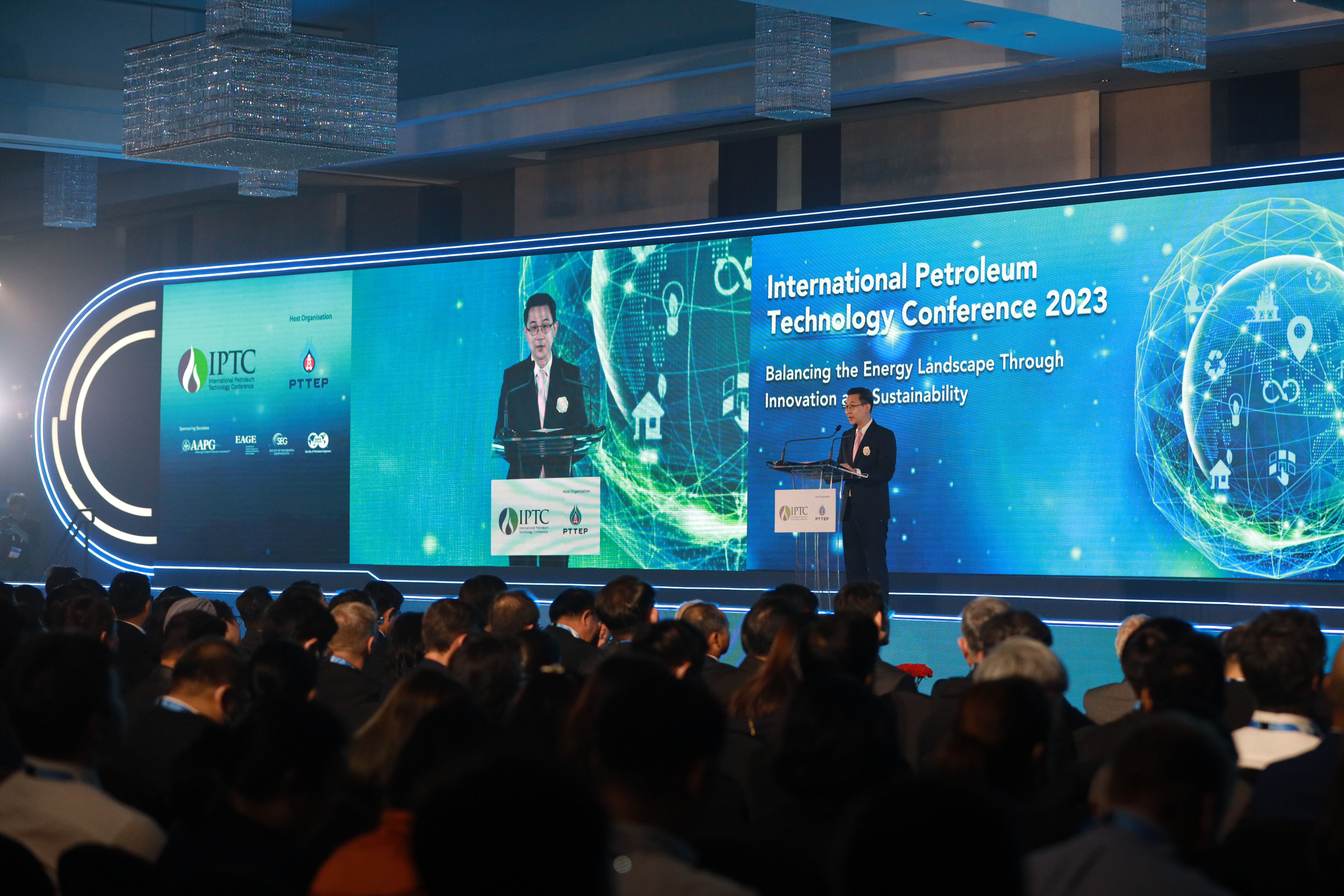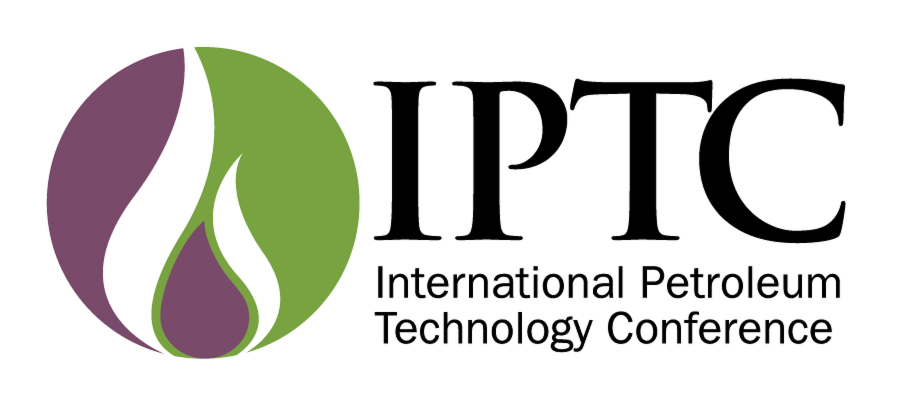The Programme Committee of the International Petroleum Technology Conference (IPTC) 2025 invites you to submit a paper proposal and contribute to this international event.
Hear from the Programme Committee Co-Chairs
6 Reasons to Submit a Paper Proposal
The opportunity to be a part of an international multi-disciplinary, inter-society energy conference and exhibition
Contribute to technical knowledge transfer on a global platform
Share new technologies and best practices with industry professionals from around the world
Boost your company’s profile at a renowned industry event
Highlight your technical knowledge and experience with like-minded peers
Have your paper published in the multi-society library, OnePetro
SUBMIT A PAPER PROPOSAL
Submission deadline:
3 May 2024

ABSTRACT CONTENT
A proper review of your abstract requires that it contain adequate information on which to make a judgement. Written in English and containing a maximum of 450 words, abstracts should be summarised into four (4) specific paragraphs:
- Objective/Scope: Please list the objective and/or scope of the proposed paper (25-75 words).
- Methods, Procedures, Process: Briefly explain your overall approach, including your methods, procedures and process (75-100 words).
- Results, Observations, Conclusions: Please describe the results, observations and conclusions of the proposed paper (100-200 words).
- Novel/Additive Information: Please explain how this paper will present novel (new) or additive information to the existing body of literature that can be of benefit to and/or add to the state of knowledge in the petroleum industry (25-75 words).
Do not include title or author names in the body of the abstract. Title and author information will be requested separately through the submission system.
Oral/ePoster Presentations for the Conference will be selected from abstracts submitted. The Programme Committee will consider abstracts submitted by the deadline of 3 May 2024. Early submission is particularly important to ensure that the committee members have ample time to review the abstracts.
CONTACT US
Should you have further questions regarding the Call for Papers, please contact the IPTC at iptc@iptcnet.org or +60.3.2182.3000.
TECHNICAL CATEGORIES
The paper proposal categories below are used to direct the paper proposals to the appropriate subject matter experts for evaluation.
Geoscience
| 1. Petroleum Geology |
|
| 2. Geophysical Data Acquisition and Processing |
|
| 3. Geophysical Imaging and Inversion |
|
| 4. Geoscience Reservoir Characterisation |
|
| 5. Geoscience Static Reservoir Modelling |
|
| 6. Groundwater Studies |
|
Reservoir Engineering
| 7. Reservoir Development and Management |
|
| 8. Reservoir Simulation |
|
Integrated Reservoir Engineering and Geoscience
| 9. Integrated Reservoir Development and Management |
|
| 10. Reservoir Description and Dynamics |
|
| 11. Formation Evaluation |
|
| 12. Rock and Geomechanics |
|
Drillling and Completions
| 13. Optimisation of Well Planning and Execution |
|
| 14. Challenges in Well Construction and Completion |
|
| 15. Advancements in Drilling and Completions Technology Applications |
|
Operations and Capital Projects
| 16. Project Management and Quality |
|
| 17. Concept Engineering, Construction, and Commissioning (The 3 Cs) |
|
| 18. Facilities Discipline Engineering |
|
| 19. Asset Life Cycle Maintenance and Integrity |
|
| 20. Processing |
|
| 21. Operation Facility Management |
|
| 22. Case Studies |
|
Gas
| 23. Gas Value Chain |
|
IOR/EOR
| 24. IOR/EOR |
|
Production Engineering
| 25. Well Production and Sustainability |
|
Unconventionals
| 26. Unconventional Resources Evaluation and Characterisation |
|
| 27. Unconventional Drilling and Completion |
|
| 28. Unconventional Stimulation and Operational Efficiency |
|
| 29. Unconventional Production and Economics |
|
Overarching Themes
| 30. Business, Commercial and Risk Management |
|
| 31. Health, Safety and Security |
|
| 32. Social Responsibility |
|
| 33. Lessons Learnt and Knowledge Management |
|
| 34. Human Resources |
|
Digital, Data Analytics, and Automation
| 35. Cloud Computing |
|
| 36. Big Data/Artificial Intelligence |
|
| 37. Robotics, Advanced Sensing, and the Internet of Things (IOT) |
|
| 38. Adoption and Scalability |
|
| 39. Emerging Topics |
|
Decarbonisation
| 440. Carbon Capture and Storage (CCS)/ Carbon Capture, Utilisation, and Storage (CCUS) |
|
| 41. CO2 Reduce, Reuse, and Recycle |
|
| 42. Carbon Footprint Reduction Solutions/Processes |
|
| 43. Sustainable/Green Energy |
|
| 44. Environmental Issues and Solutions |
|
| 45. Policies, Strategies, and Governance |
|
| 46. Emissions Measurement, Detection and Management |
|
CLICK TO SUBMIT A PAPER PROPOSAL
Submission deadline: 3 May 2024






